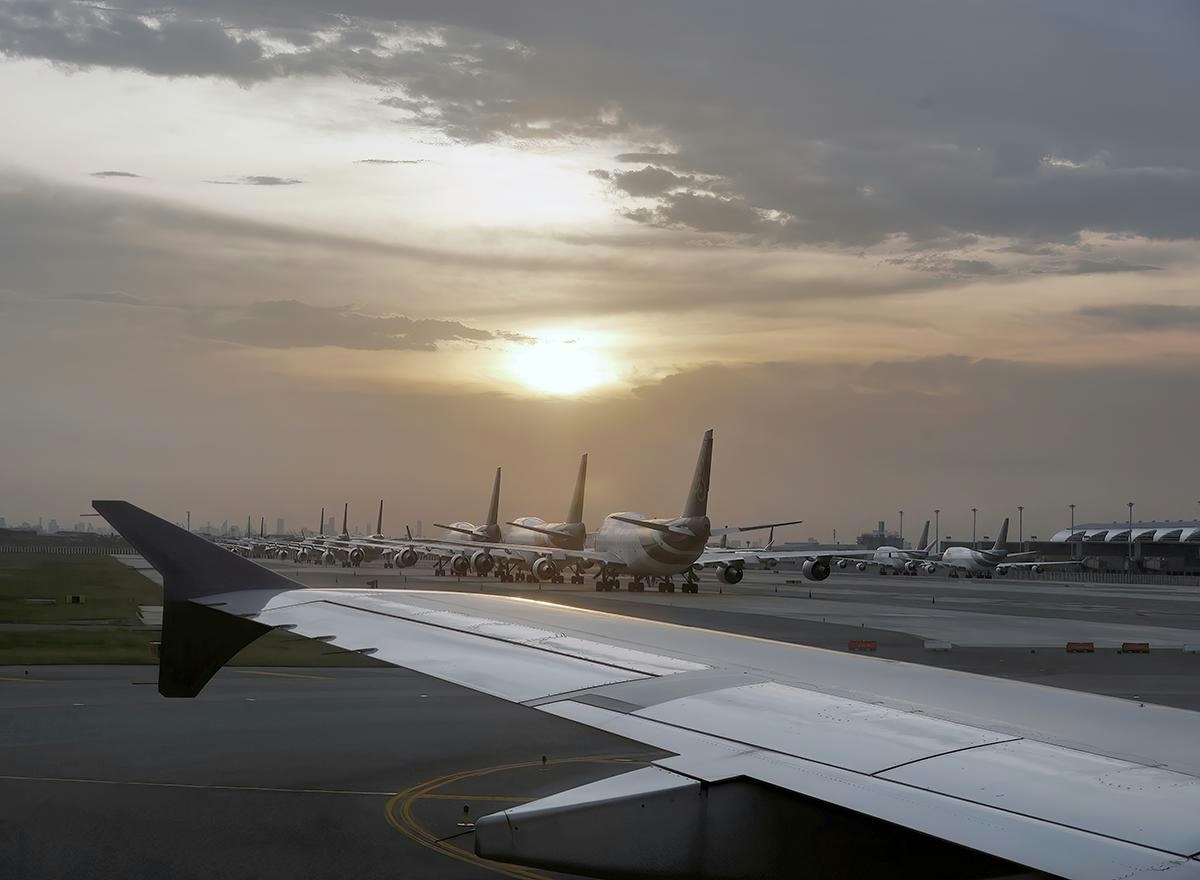AeroGenie — Seu Copiloto Inteligente.
Tendências
Categories
How Big Data Is Influencing Airline Fares

How Big Data Is Influencing Airline Fares
Delta Air Lines’ Response to Pricing Concerns
Following public criticism over its expanded use of artificial intelligence (AI) in setting passenger fares, Delta Air Lines issued a letter to federal lawmakers denying any engagement in “personalized pricing” or price-gouging practices. The airline stressed that its AI tools are designed exclusively to enhance market competitiveness and stimulate sales, rather than to discriminate among consumers. Despite these assurances, concerns regarding privacy and transparency in airline pricing strategies remain widespread and unresolved.
The Rise of AI and Hyper-Personalized Pricing in Aviation
Delta, the largest U.S. carrier, along with several other major airlines, has partnered with AI consulting firms that advocate for “hyper-personalized” pricing models. These sophisticated systems analyze extensive consumer data to dynamically adjust fares, building upon the industry’s longstanding reliance on Big Data to maximize revenue. Airlines maintain that such approaches enable them to respond effectively to market demand and optimize seat sales. However, critics caution that this trend could lead to an economy-wide practice of “surveillance pricing,” where personal information is leveraged to set individualized prices, raising ethical and regulatory concerns.
Consumer Backlash and Industry Divergence
The prospect of AI-driven fare differentiation has provoked significant consumer backlash. Many travelers express outrage at the possibility that personal data could be used to charge different prices for identical flights, fueling fears of privacy infringements and unfair treatment. The opaque nature of pricing algorithms has further eroded public trust, with consumers increasingly questioning the fairness of fare-setting mechanisms.
Responses within the airline industry have varied. While Delta and several U.S. carriers continue to invest heavily in AI and data analytics, some European airlines, including Air France-KLM, have opted to emphasize premiumization strategies rather than adopting hyper-personalized fare models. This divergence underscores an ongoing debate about how best to balance technological innovation with the imperative to maintain consumer trust.
Implications for the Future of Airline Pricing
Industry analysts suggest that the controversy surrounding Delta’s AI pricing strategy may slow the broader adoption of similar technologies across the sector. As airlines face negative market reactions alongside heightened scrutiny from lawmakers and consumer advocates, demands for greater transparency and stronger data protection measures are expected to intensify.
The airline industry’s increasing reliance on Big Data and AI-driven pricing is fundamentally transforming fare-setting practices. However, this evolution is accompanied by significant challenges, as carriers must navigate growing concerns over privacy, fairness, and transparency to sustain consumer confidence in an increasingly data-driven marketplace.

Emirates Unveils Cabin Design for New Boeing 777X

Eighteen Years On, the Airbus A380 Remains Central to a $34 Billion Airline

How a boom in luxury airline seats is slowing down jet deliveries

Navitaire Outage Attributed to Planned Maintenance

DigiYatra Debuts Outside Aviation at India AI Impact Summit

Vietnam Orders Strengthen Boeing’s Commercial Outlook

Airbus Signals Uncertainty Over Future A400M Orders

JobsOhio Awards $2 Million Grant to Hartzell Propeller for Innovation Center

Collins Aerospace Tests Sidekick Autonomy Software on YFQ-42A for U.S. Air Force CCA Program

How the Airbus A350-1000 Compares to the Boeing 777
